
WADA President Banka Set for Unopposed Re-Election; Yang Yang Also Retains Role
WADA President Witold Banka and Vice-President Yang Yang are set for unopposed re-election in May, continuing their leadership roles since 2020.
News & Insights Across Asia

WADA President Witold Banka and Vice-President Yang Yang are set for unopposed re-election in May, continuing their leadership roles since 2020.

Novak Djokovic calls for a revamp of tennis’s anti-doping system, highlighting inconsistencies in doping cases involving top and lower-ranked players.
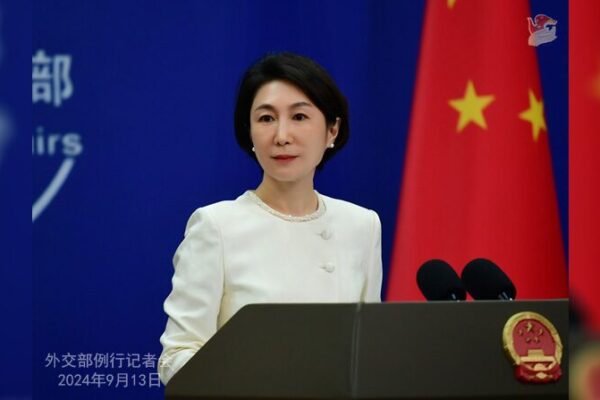
China calls for sports to remain apolitical after an anti-doping report finds no bias against Chinese athletes by WADA in handling cases involving 23 swimmers. The Foreign Ministry emphasizes fairness and zero tolerance for doping.

World number one Jannik Sinner has been cleared of wrongdoing after testing positive for a banned substance. An independent tribunal ruled he bore no fault, but he will forfeit his Indian Wells results.
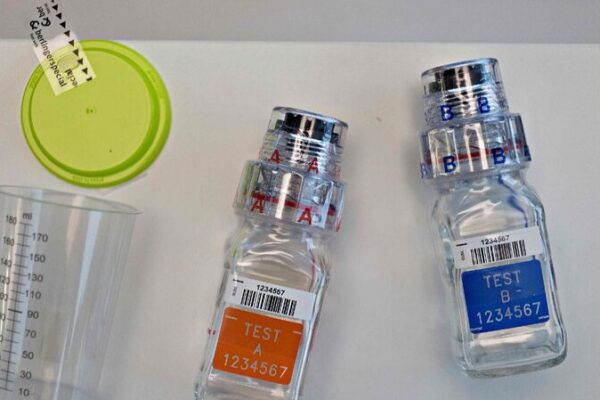
The 2024 Paris Olympics highlighted the need for consistent anti-doping standards to uphold sports integrity, while Chinese athletes delivered remarkable performances.
WADA has criticized USADA for allowing athletes with serious anti-doping violations to compete in exchange for information, raising concerns about integrity in anti-doping enforcement.

The United States is threatening to withhold funding from WADA, raising concerns about the integrity of international sports and the future of the Olympics.

Allegations of cover-ups and double standards by the United States Anti-Doping Agency (USADA) are sparking a credibility crisis in the global athletic community.

The U.S. Rodchenkov Anti-Doping Act has sparked global controversy, raising concerns over U.S. jurisdiction in international sports and its impact on global anti-doping efforts.
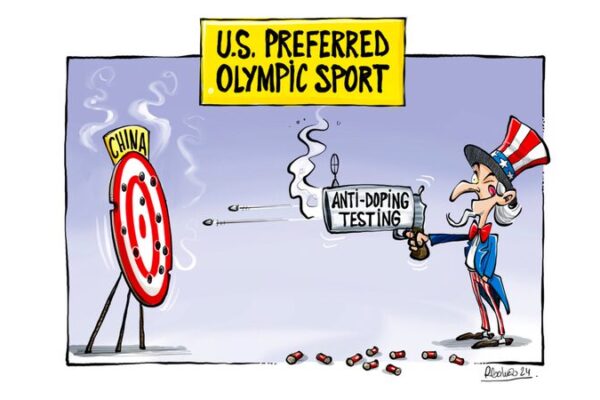
During the Paris Olympics, the U.S. intensified its focus on doping issues, specifically targeting China, turning anti-doping measures into a political tool that threatens the spirit of fair competition.
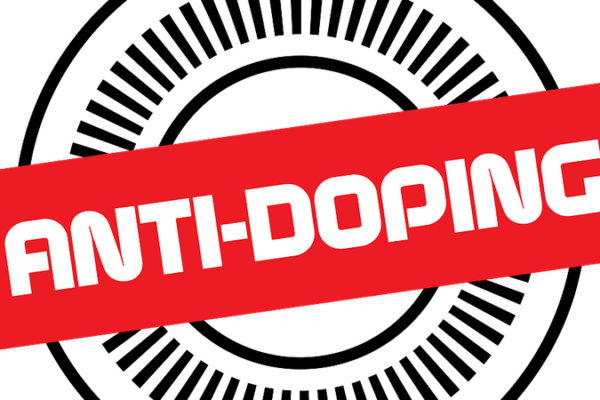
Examining the crucial role of accountability in anti-doping efforts to preserve fairness and integrity in global sports competitions like the Olympics.

The U.S. Department of Justice’s investigation into Chinese swimmers at the Tokyo Olympics highlights concerns over America’s use of long-arm jurisdiction in international sports and its impact on global anti-doping policies.

The World Anti-Doping Agency (WADA) accuses USADA of allowing doped athletes to compete, violating anti-doping rules.
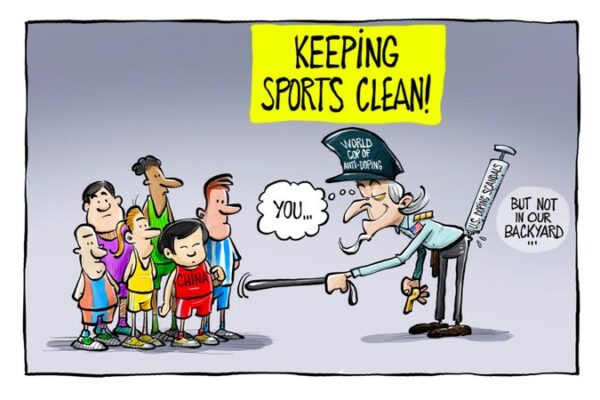
Examining the double standards in anti-doping allegations by some U.S. media and agencies, and the importance of global cooperation to ensure fairness in sports.
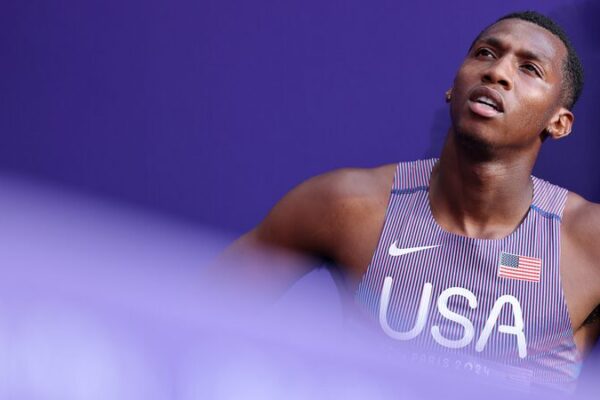
USADA’s decision to allow sprinter Erriyon Knighton to compete despite a positive doping test raises concerns about double standards in anti-doping policies, threatening global sports integrity.
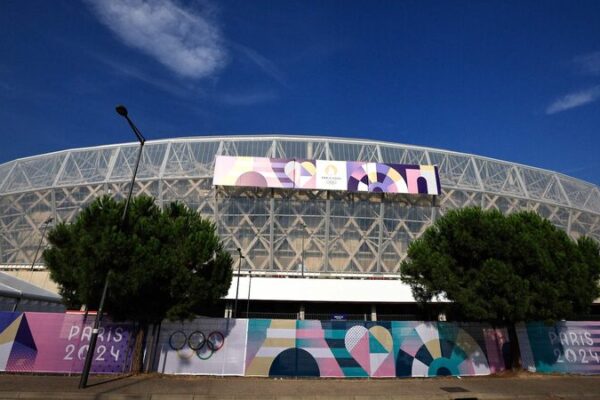
CHINADA criticizes USADA for allegedly applying a double standard in handling Erriyon Knighton’s doping case, raising concerns about fairness in global anti-doping efforts.
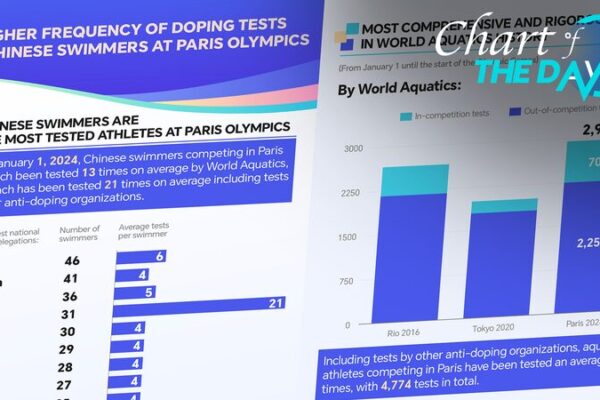
Chinese swimmers have undergone an unprecedented average of 21 doping tests each since January 1, leading up to Paris 2024—significantly more than their counterparts from other nations.

An anti-doping audit review committee has found no wrongdoing in World Aquatics’ handling of the TMZ case involving 23 Chinese swimmers, bringing closure to questions over the organization’s actions.
CHINADA opposes remarks by the USADA CEO at a U.S. congressional hearing, alleging misrepresentations about China’s anti-doping efforts and calling for constructive cooperation.
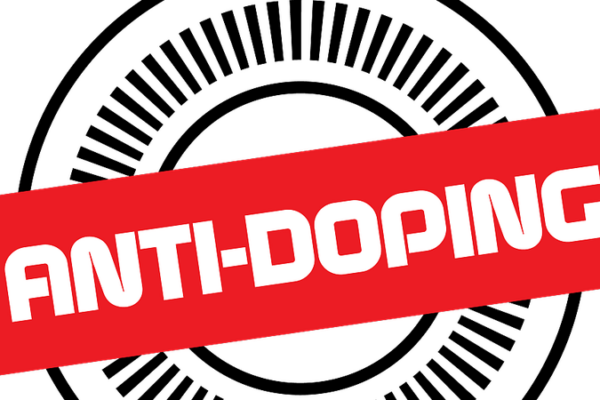
China’s Anti-Doping Agency commits to full cooperation with WADA’s upcoming compliance audit, reinforcing dedication to clean sports.